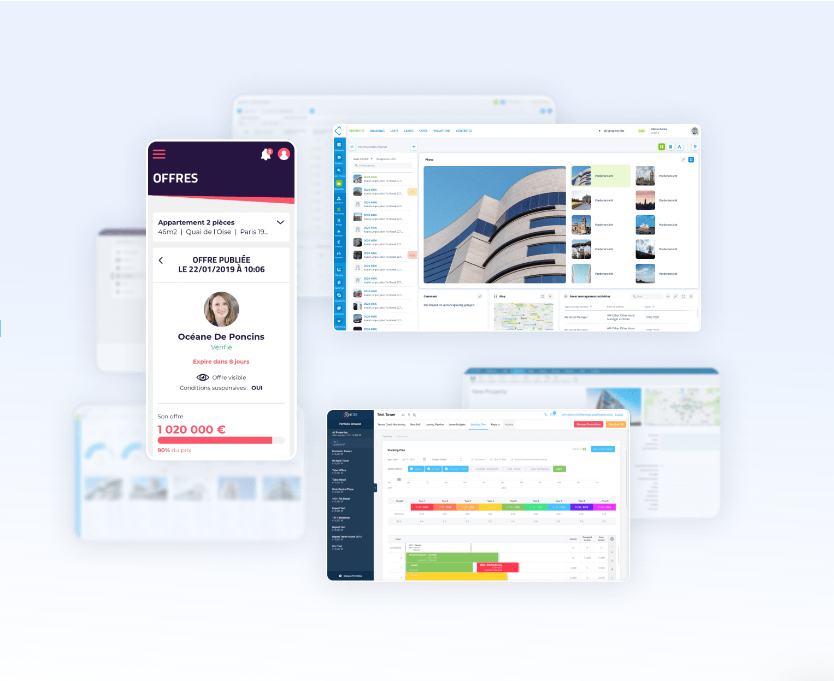In the dynamic world of real estate, staying ahead requires embracing innovation. One such innovation that is transforming the industry is real estate software development. From streamlining processes to enhancing customer experiences, the impact of software in real estate cannot be overstated.
Understanding Real Estate Software Development
Real estate software development involves the creation of specialized applications and platforms tailored to the needs of real estate professionals. These solutions encompass a wide range of functionalities, including property management, customer relationship management (CRM), data analysis, and marketing automation.
Why Real Estate Software Matters
1. Efficiency Boost
Gone are the days of cumbersome paperwork and manual processes. With real estate software, tasks such as property listings, client communications, and document management can be automated, saving time and resources for both agents and clients.
2. Enhanced Collaboration
Collaboration is key in real estate transactions involving multiple stakeholders. Software solutions facilitate seamless communication and data sharing among agents, clients, lenders, and other parties involved in the buying or selling process.
3. Data-Driven Insights
In today's data-driven landscape, access to actionable insights is invaluable. Real estate software empowers professionals to analyze market trends, track property performance, and make informed decisions to maximize returns on investment.
4. Improved Customer Experience
From virtual property tours to personalized recommendations, real estate software enhances the customer experience at every touchpoint. By leveraging technology, agents can better understand client needs and deliver tailored solutions that exceed expectations.
Key Features of Real Estate Software
1. Property Management
Efficiently manage listings, leases, and tenant information in one centralized platform.
2. CRM Integration
Integrate customer relationship management tools to track leads, automate follow-ups, and nurture client relationships.
3. Marketing Automation
Automate marketing tasks such as email campaigns, social media posts, and ad placements to reach a wider audience effectively.
4. Analytics Dashboard
Gain actionable insights into market trends, property performance, and client behavior through intuitive analytics dashboards.
Choosing the Right Real Estate Software
With a plethora of options available, selecting the right software can be daunting. Consider factors such as scalability, ease of use, customization options, and compatibility with existing systems before making a decision.
Conclusion: Embracing the Future of Real Estate
In conclusion, real estate software development is revolutionizing the way business is conducted in the industry. By leveraging the power of technology, professionals can streamline processes, enhance collaboration, and deliver exceptional experiences to clients. As the demand for efficiency and innovation continues to rise, investing in the right software solutions will be paramount for staying ahead in the competitive real estate landscape.





Comments